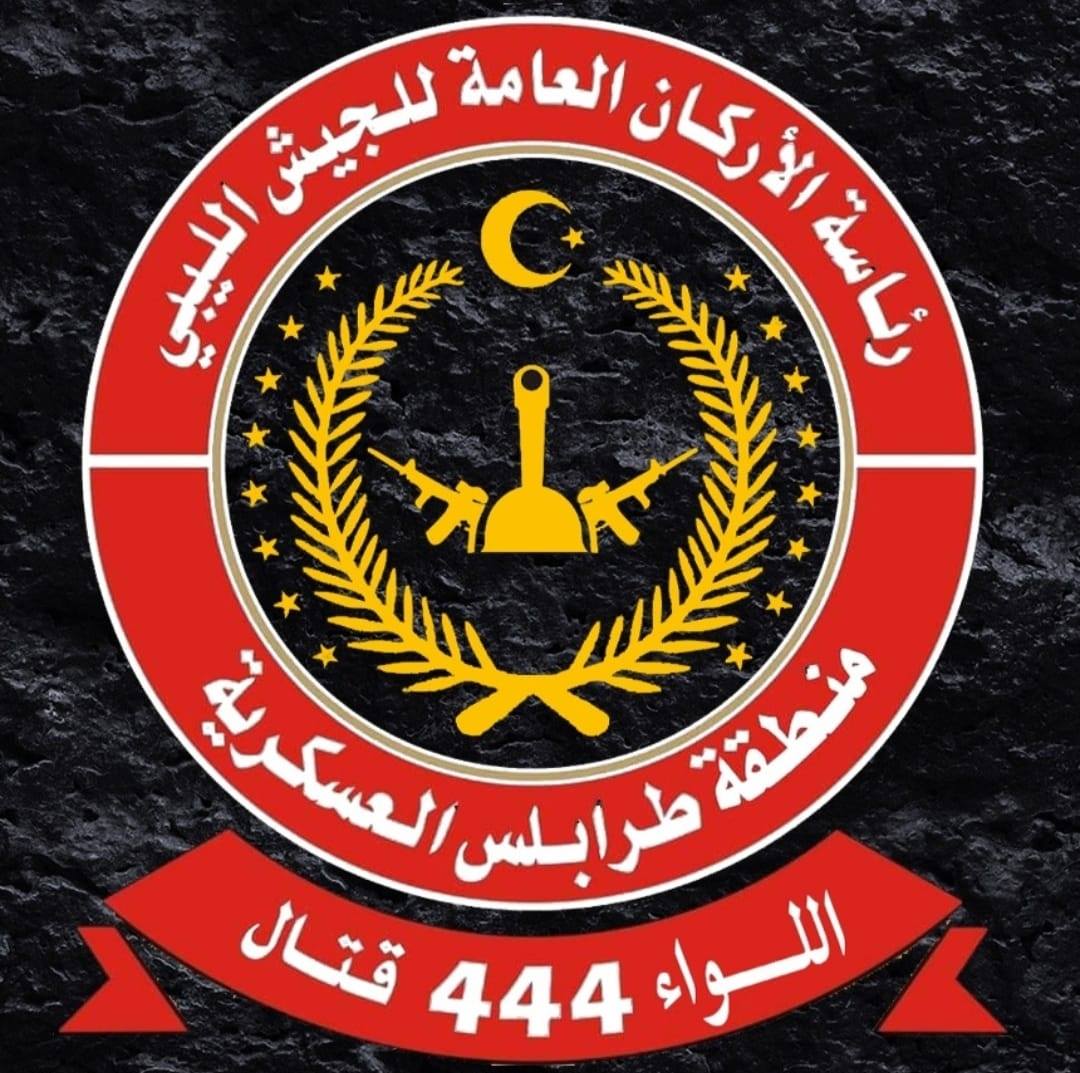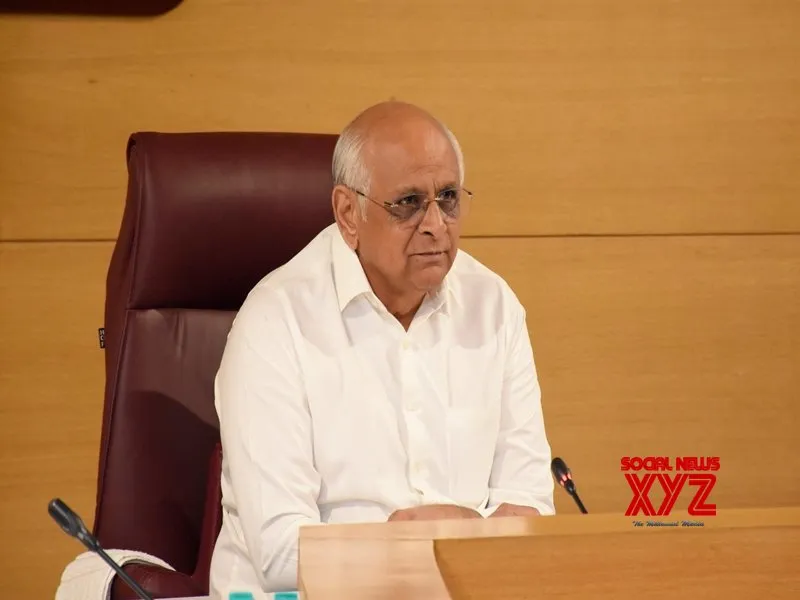Copyright libyaherald

In response to rumours circulating about instructions from the 444th Combat Brigade to halt fuel allocations to the southern region, the Brigade’s Media Office yesterday refuted these rumours and clarified as follows: – The daily fuel shipments from Tripoli Fuel Depots to the southern region continue at a rate of 600,000 to 800,000 litres per day. There is no truth to the claim that we have ordered any of these shipments to be stopped. – The daily fuel needs of the southern region are more than sufficient for our people there. However, the interference of ‘‘security forces’’ in fuel distribution and smuggling outside the country is what has caused the fuel crisis in the region. – Our instructions are limited to halting deliveries on Fridays only, which amount to 4 million litres—a quantity exceeding the quota allocated to the south for an entire week! The decision to halt these shipments came after monitoring the delivery of this massive quantity of fuel for three consecutive weeks without it actually reaching the citizens. It was also observed that these quantities were reaching neighbouring countries. – Our investigations confirmed that a security agency was exploiting these quantities and smuggling them out of the country illegally, which constitutes a plundering of the rights of the people of the south and a squandering of the livelihood of all Libyans. Combating fuel smuggling– Our instructions to stop these shipments are part of our ongoing efforts to combat fuel smuggling and protect the state’s resources from being misappropriated across the borders. – The 444th Combat Brigade’s detachments in the Libyan Army have consistently tightened their grip on smuggling networks, and their heroic soldiers have paid a heavy price with their blood and pure souls in defence of the Libyan people’s livelihood and the sovereignty of their country. The Brigade reaffirms its commitment to its national responsibilities, no matter how loud the voices of falsehood become. BackgroundThe 444th Combat Brigade is part of the western based Libyan Army under the aegis of the Tripoli government – in contrast to the eastern based army under the command of Khalifa Hafter. The 444th Combat Brigade has been attempting to combat fuel smuggling with varying degrees of success in western Libya, including the supplies at source of fuel from coastal fuel depots headed to the south. It is security forces under the aegis or affiliated to Khalifa Hafter’s Army that control the south of Libya. Vested interests do not want fuel smuggling to stopThere are many vested interests across Libya, including in the south of Libya, who live off or who have made a fortune off the smuggling of Libya’s heavily subsidised imported fuel. They do not want the supply from the fuel depots of subsidised fuel to the south to stop. Indeed, it is in their interest that the Tripoli government over supplies the south with fuel to help their smuggling operations. A media war between the fuel smugglers and the Tripoli governmentThese now rich and influential vested interests can use their ill-gotten wealth to buy influence in the south. They are also able to buy influence, including fake news, in traditional and social media. They constantly seek to attribute or exaggerate any fuel shortages in the south to a supply failure by the Tripoli government – and not to fuel smuggling. This is what the 444th Combat Brigade was referring to in its statement when it said ”no matter how loud the voices of falsehood become”. These smugglers include, but are not limited to, security forces aligned to Khalifa Hafter in eastern Libya. Subsidised fuel is imported by Tripoli using hard currencyHafter and his eastern government do not pay to import the heavily subsidised fuel from their budget. Libya does not refine enough fuel to meet its needs. The fuel shortfall imported from abroad is paid for with finite hard currency by the Tripoli government. The Tripoli government budget has a hard currency deficit. The smuggling of subsidised fuel imported with hard currency from abroad is costing Libya billions of dollars – billions that Libya desperately needs to invest in many other under-invested sectors such as health, education and training/HR development, infrastructure and diversifying its economy to added-value and job-creating sectors.



